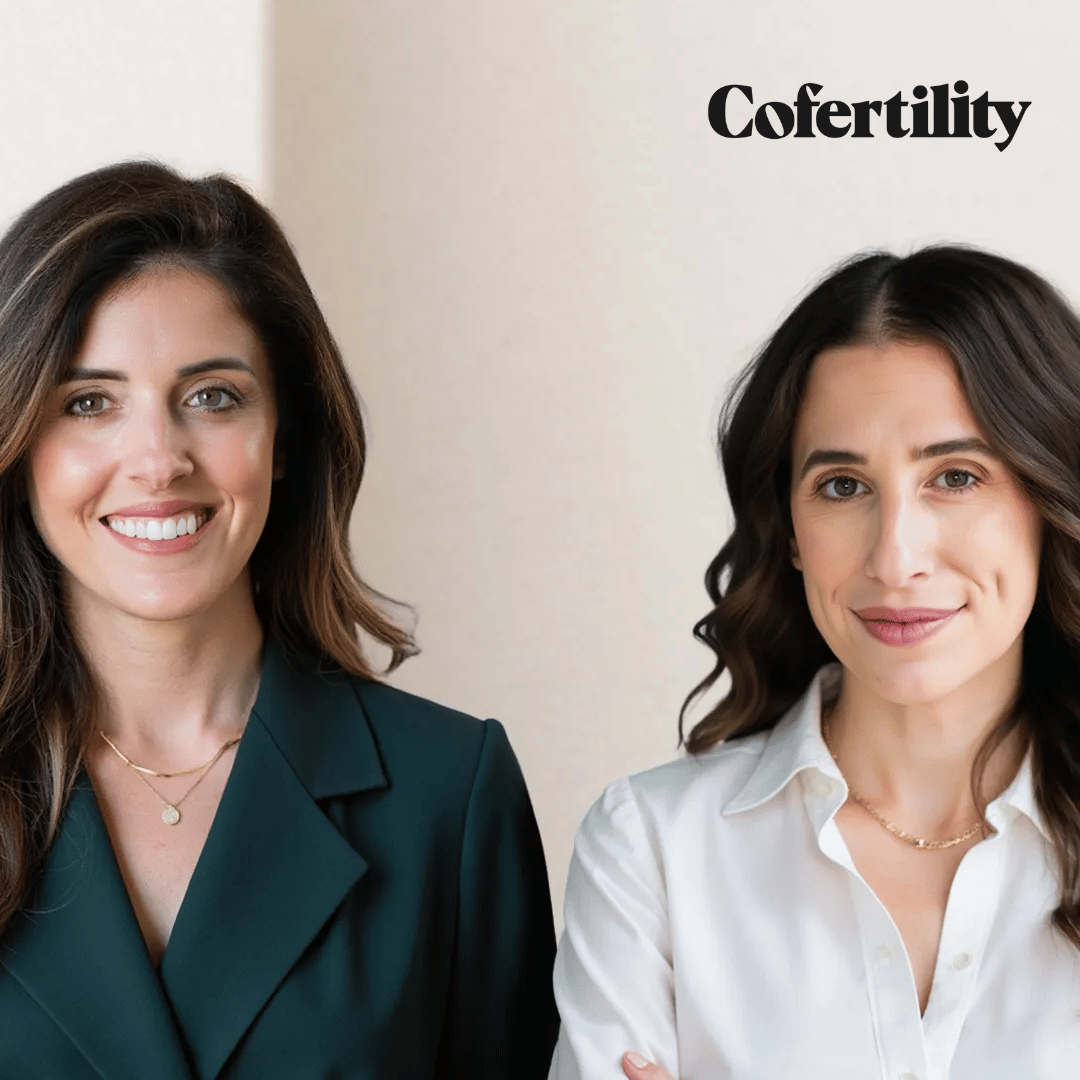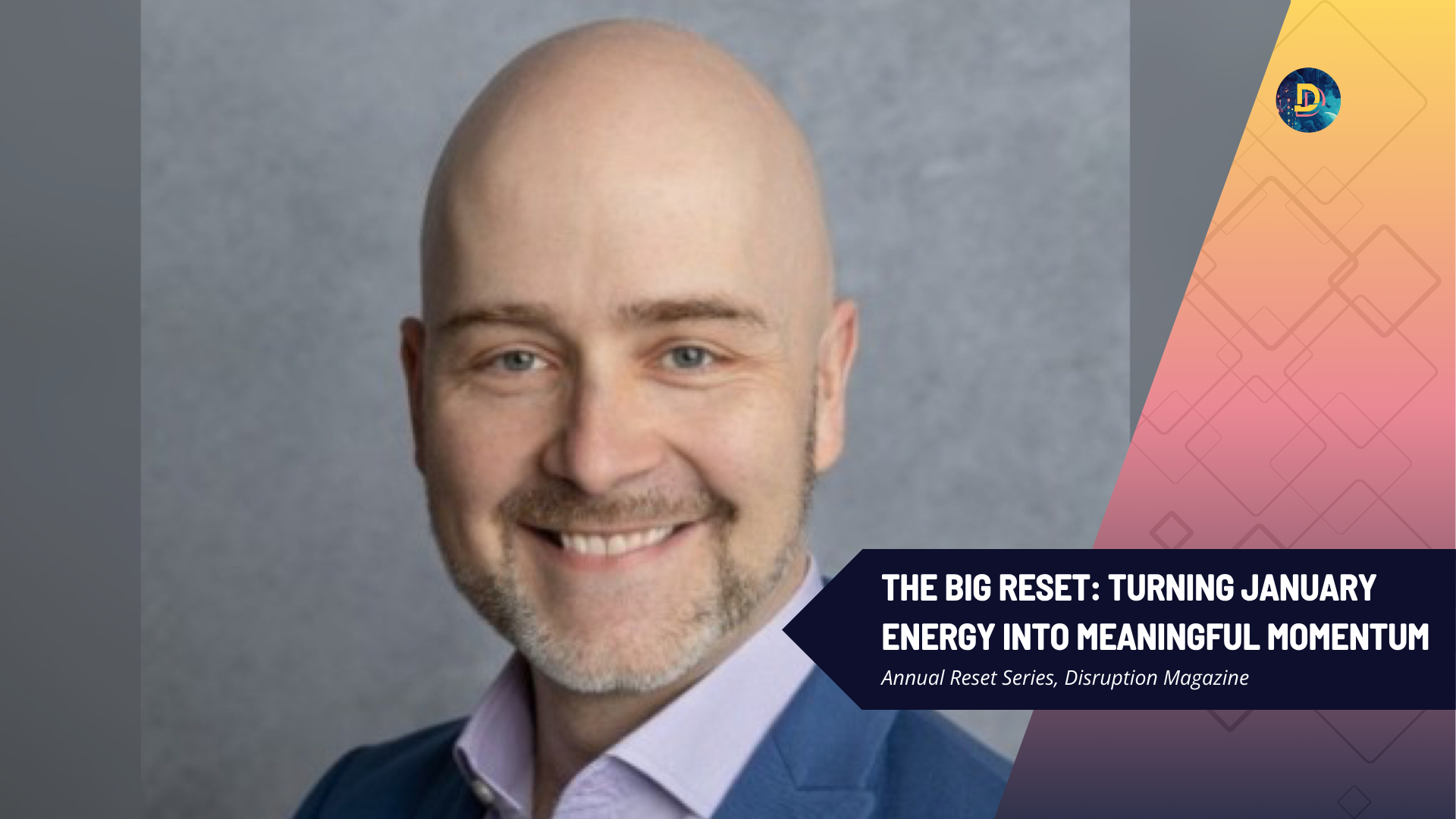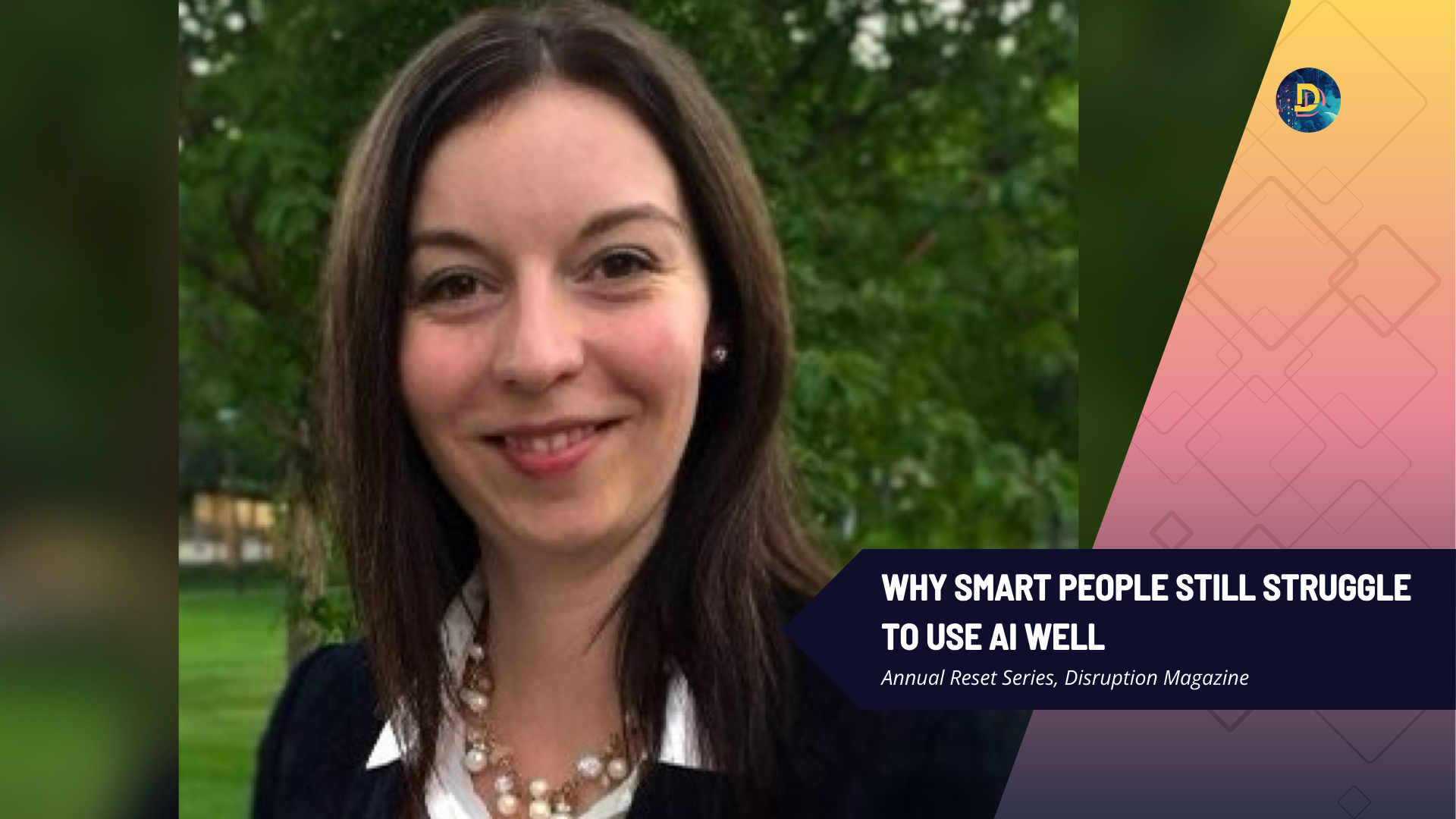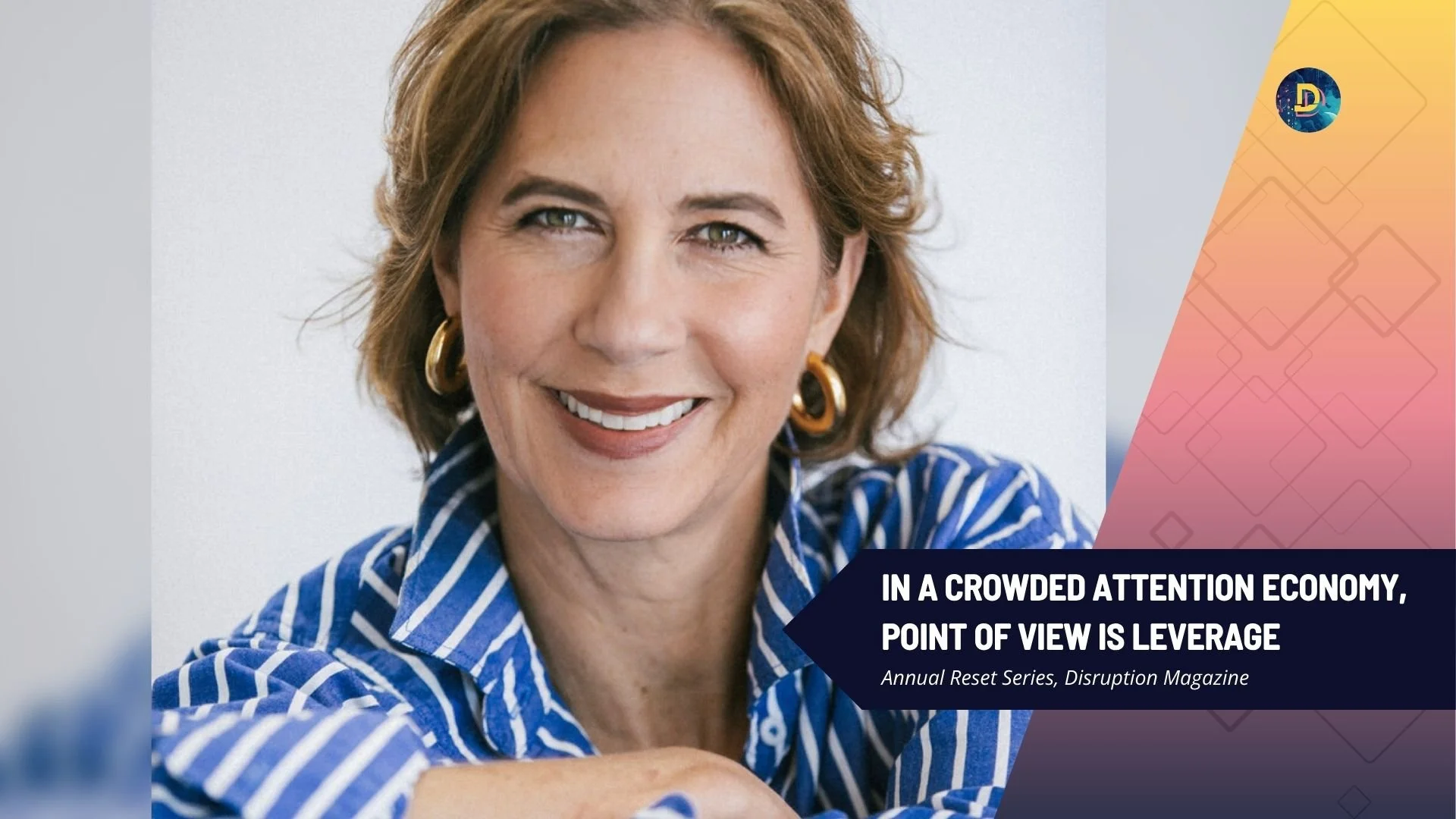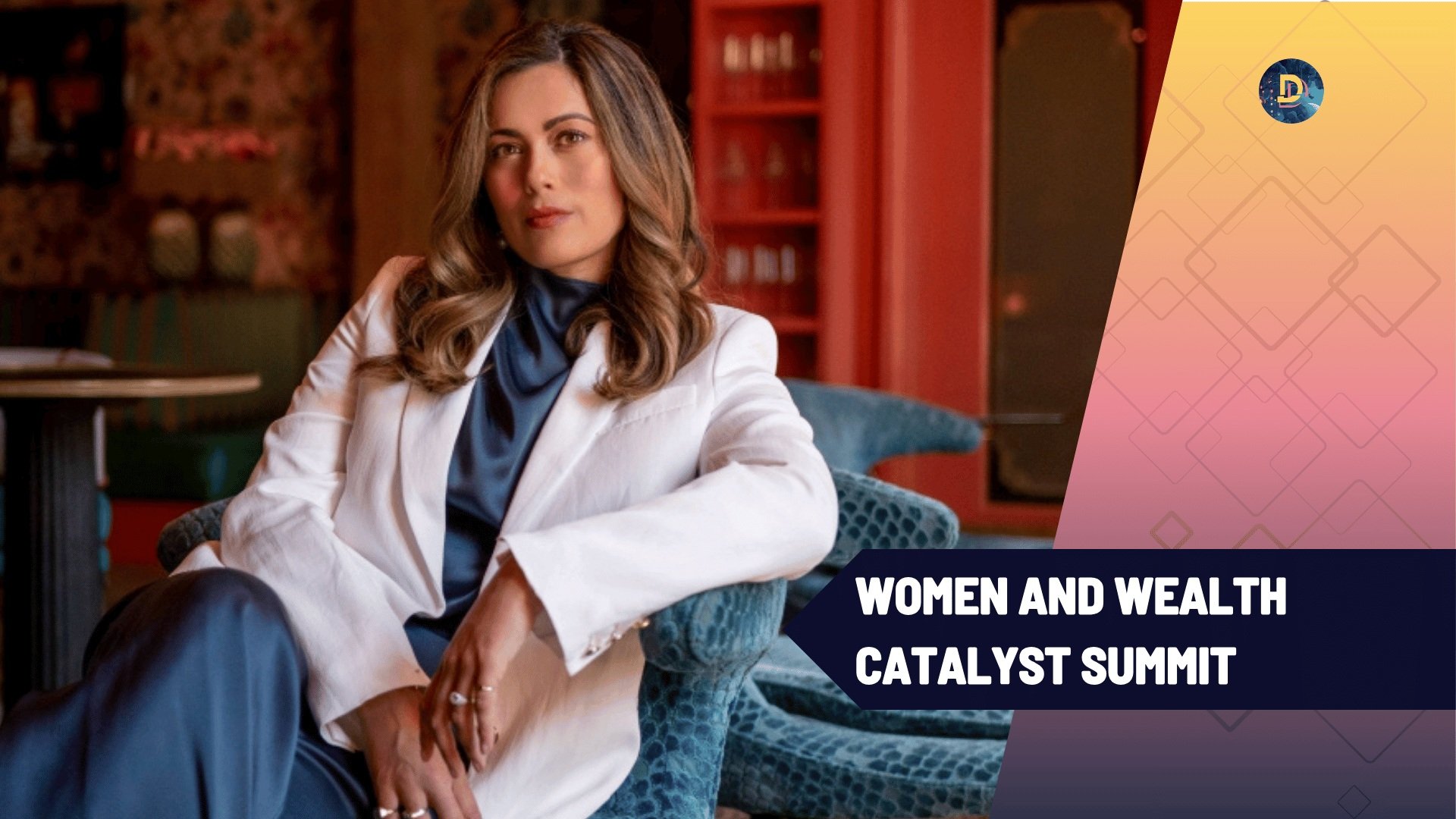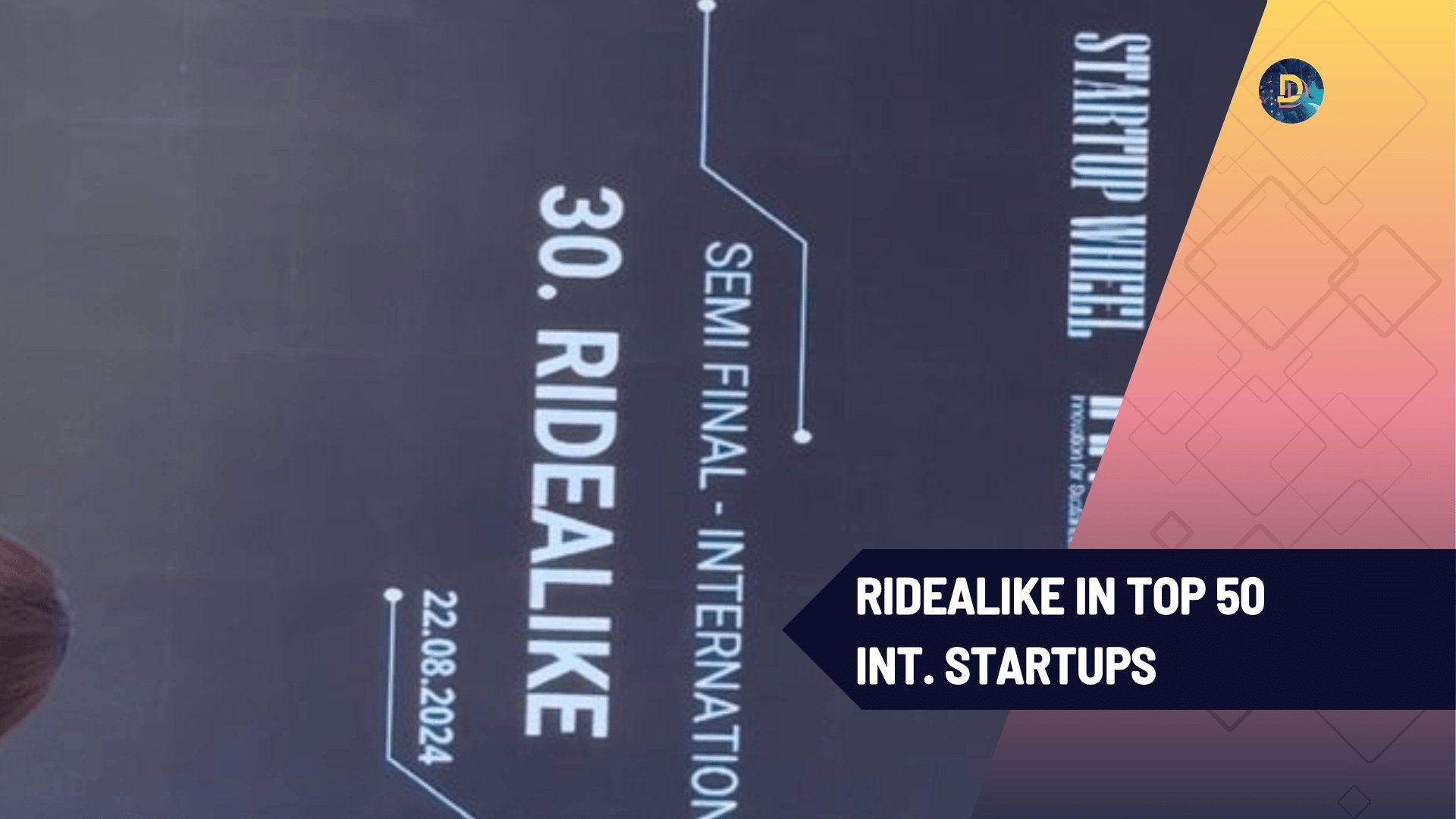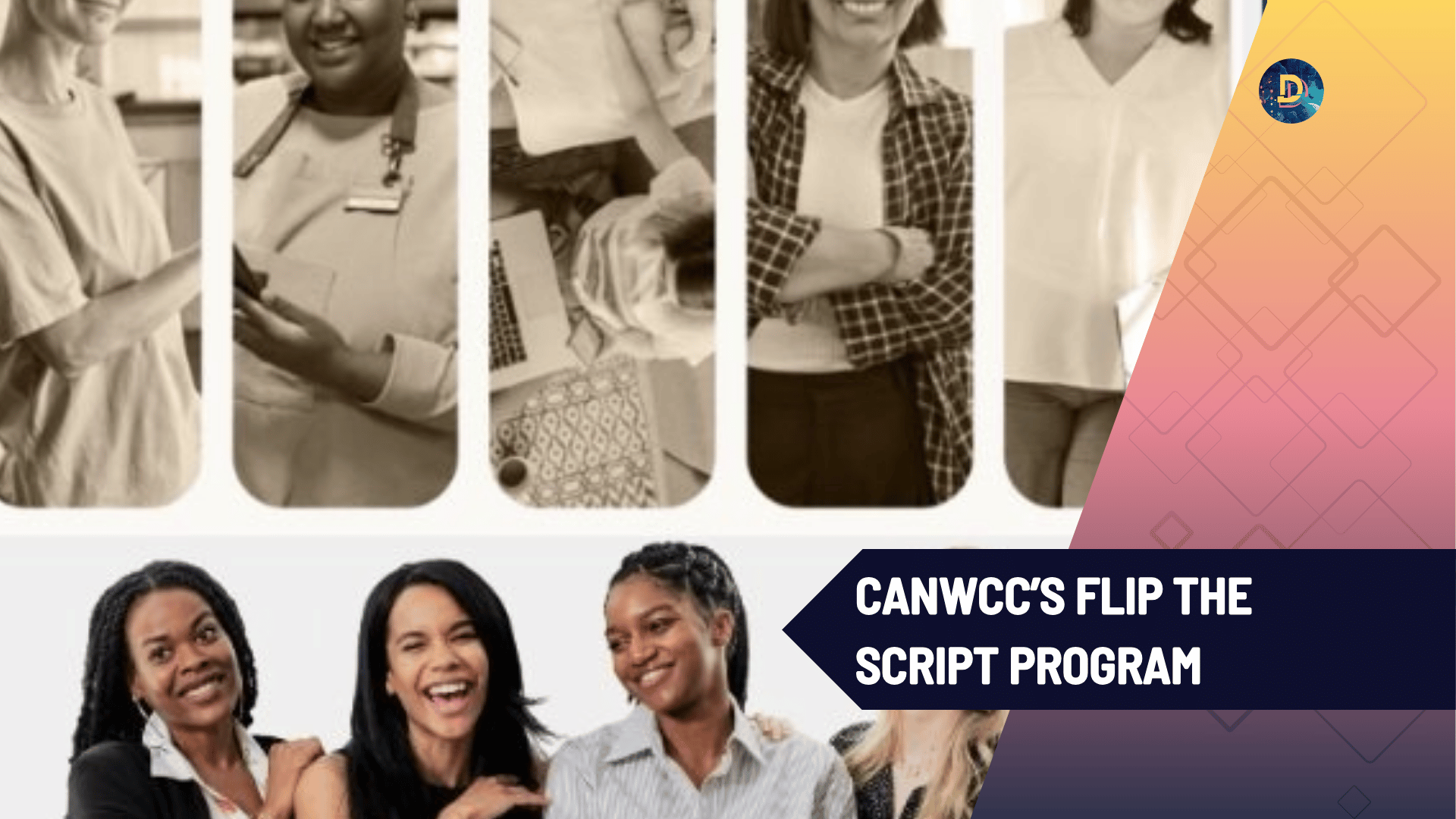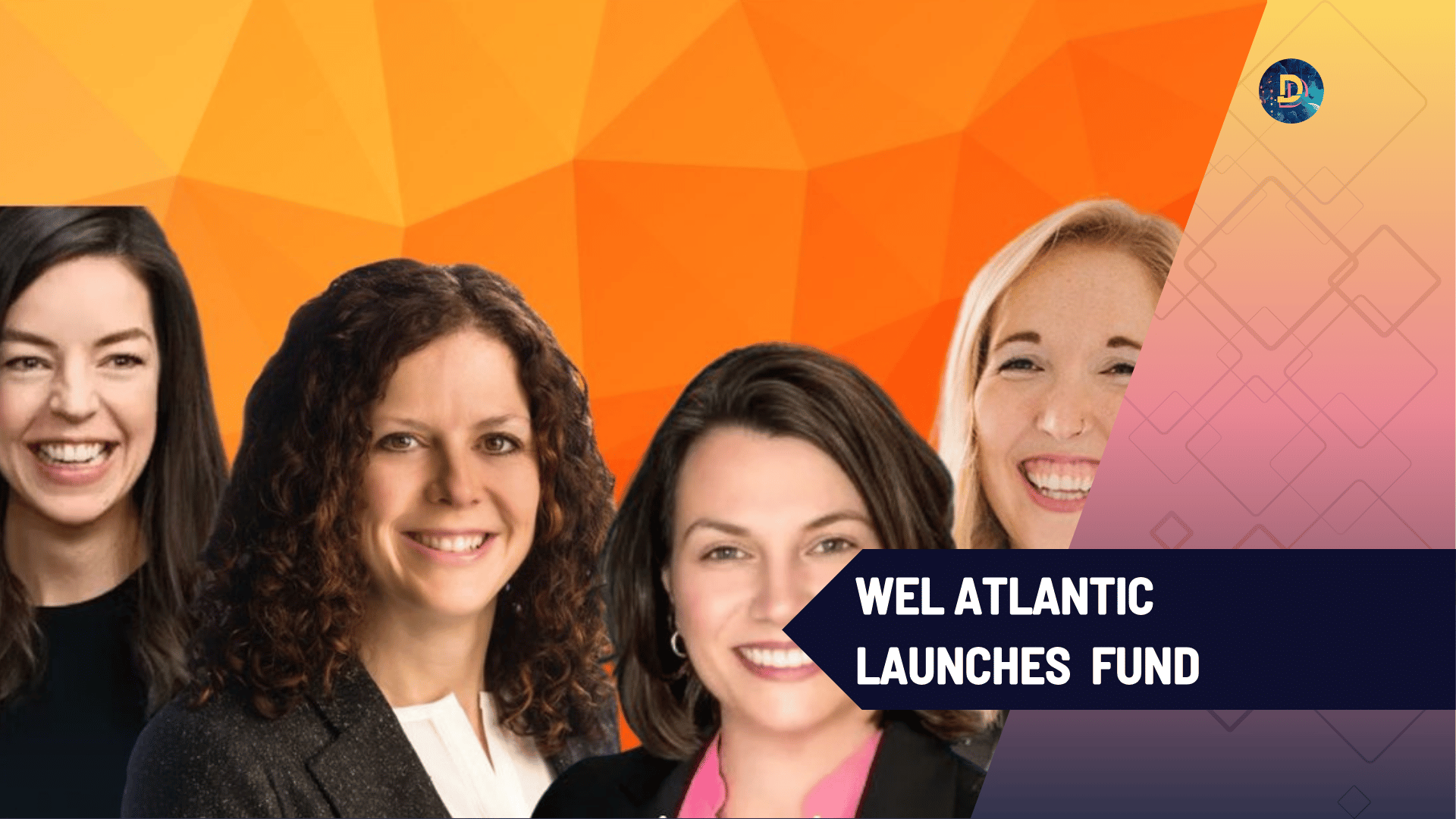Egg Freezing Reinvented: Cofertility’s No-Cost, Half-Donation Approach
tl;dr
Cofertility’s innovative Split program lets women freeze their eggs for free by donating half to intended parents, lowering the steep costs.
Founded by Lauren Makler after her personal health scare, it challenges traditional fertility preservation and compensatory models.
With a pool of diverse, highly-educated donors and $16M in funding, Cofertility significantly expands access and seamlessly matches hundreds with intended parents.
Today, when career ambitions and late marriages are the norm, many women are rethinking their biological timelines. The steep cost of egg freezing - estimated at $10,000 to $15,000 per attempt - has long kept this fertility preservation option out of reach during women’s most fertile years, typically in their 20s and early 30s. Enter Cofertility, a startup with a radical new model designed to dismantle financial barriers and the stigma surrounding egg donation.
Founded by former Uber executive Lauren Makler and health tech angel investor Halle Tecco, Cofertility is shaking up the fertility industry with its innovative “Split” program. This program offers women the opportunity to freeze their eggs at no cost. The catch? Donors must be willing to donate half of the retrieved eggs to individuals or couples struggling with infertility. Although it might sound like a tough pill to swallow - perhaps a tough egg to crack - this model is proving to be a win-win situation for both donors and intended parents.
The inspiration for Cofertility came from Makler’s own life-changing experience. In 2018, she was diagnosed with a rare abdominal disease, which led to multiple surgeries and posed a serious threat to her ovaries. Faced with the possibility that egg freezing might be her only option to preserve her fertility, she dove deep into research. During her journey, Makler discovered that egg donors were usually compensated and that the price could soar even higher based on specific factors such as ethnicity or education level. “It felt sort of like surge pricing for egg donors, which felt icky to me,” she recalled, drawing a parallel with the familiar dynamics of ride-sharing apps during peak hours.
Makler’s personal scare, coupled with her firsthand experience of the staggering costs, motivated her to build Cofertility - a platform that matches young women who want to preserve their fertility with those in need of donor eggs. The new model not only alleviates the financial burden on aspiring parents by eliminating donor compensation but also provides a broader pool of diverse, high-quality egg donors. Impressively, about 55% of these donors have graduate degrees, ensuring a high caliber for the eggs intended for those yearning for parenthood.
Backing this unconventional concept is a robust $7.25 million Series A funding round led by Next Ventures and Offline Ventures, with total funding now reaching $16 million. Cofertility’s scale differentiates it from traditional clinics, which typically have only a handful of donors on standby. With hundreds of donors available at any given time, the platform dramatically improves the chances of finding a match for intended parents.
According to Makler, the overarching goal is not just to facilitate egg freezing but to “remove the taboo of egg donation.” “There is zero shame in however you become a parent. Doing that with the help of a donor who’s also interested in freezing her own eggs is a really exciting option,” she affirmed, highlighting the modern, inclusive nature of parenthood. With Cofertility, the future of fertility preservation and family planning is becoming more accessible, equitable, and truly groundbreaking.
Related Content
January energy fades fast. The real reset comes from reflection, subtraction, and aligning what you do with who you’re becoming.
AI fluency is a mindset, not a tool. Leaders who use it as a thought partner unlock creativity, strategy, and impact that casual users miss.
In a crowded attention economy, expertise alone doesn’t set you apart. Clarity does. A strong point of view has become the difference between being qualified and being chosen.
Careers no longer have to be ladders. A portfolio life lets you design work around impact, flexibility, and who you’re becoming next.
Clarity isn’t a resolution; it’s a strategic advantage. The Life Brief helps leaders cut through noise, name what they want, and move into 2026 with courage and intention.
AI governance defines how boards lead when they’re not in the room, shaping trust, risk, and long-term value before crises emerge.
Your leadership brand is how you’re known when you’re not in the room, and the key to unlocking influence and opportunity.
As AI enters the workforce, leadership must evolve. AI won’t replace leaders, only expose weak ones.
Discover how one innovative startup transforms fertility preservation into a life-changing opportunity by offering free egg freezing paired with donation.
The investment landscape wasn’t built for women founders, so the Innovators & Entrepreneurs Foundation is rewriting the rules using scholarships, AI-powered training, and strategic partnerships to level the playing field.
MedReddie automates healthcare procurement, saving time and reducing errors, while enhancing decision-making and collaboration for better patient outcomes.
AI lowers barriers, reshapes careers, and creates opportunities. With focus and fair regulation, it drives economic mobility and levels the playing field.
The Women & Wealth Catalyst Summit is a dynamic, empowering event where women connect, learn, and explore innovative wealth-building strategies.
The Women’s Leadership (Un)Conference is an intimate, retreat for executive women to gain clarity, build connections, & elevate their leadership in a stunning outdoor setting.
Demir Engineering, Grengine, Levven Electronics & Care Group receive funding to boost advanced manufacturing & digital health in Edmonton, fostering economic growth & job creation.
WKC is working with restaurant and food truck partners to provide comforting meals to the community. They have served more than 600,000 meals to date.
This collaboration was not just about business—it was about transforming the way people connect with financial services through technology.
Basetwo is transforming manufacturing with AI-driven efficiency, securing $16.5M CAD to cut costs, optimize processes, and redefine industrial production.
GiveRise connects nonprofits with the booming secondhand market, enabling sustainable shopping and selling while supporting communities and addressing critical global issues.
GiveRise is redefining Giving Tuesday by turning secondhand sales into support for Canadian nonprofits, encouraging purposeful shopping, and volunteering to create meaningful change this holiday season!
RideAlike was recently recognized as one of the Top 50 International Startups at the Startup Wheel InnoEx conference in Vietnam!
Reactiv raised $7M CAD to transform mobile commerce with AI, offering merchants dynamic app-building tools and innovative customer engagement.
MedReddie’s AI platform streamlines healthcare procurement, accelerating decisions for hospitals and suppliers, with global expansion into the US, UK, and EU markets.
Edmonton International Airport (YEG) leads Canada’s first controlled airspace drone delivery, enhancing sustainable, efficient logistics in healthcare and more with Drone Delivery Canada.
The federal government has launched $300 million in programs to support small and medium-sized businesses in adopting artificial intelligence technologies.
Tokyo climbs to 10th in 2024's Global Startup Ecosystem Ranking, reflecting Japan's progress in scaling startups and expanding ecosystem value.
Disruption Magazine invites submissions for our AI-themed issue. Showcase your startup story and resources to connect with a global tech audience.
The BC CICE has invested $7.6 million in nine companies tackling energy storage, carbon management, alternative fuels, and low-carbon hydrogen. These projects aim to address major clean energy challenges across hard-to-decarbonize industries.
Flip the Script offers a self-paced online course, AI simulation software, and peer groups. Participants also receive a FREE 1-year CanWCC membership.
WEL Atlantic's second fund, with 50 women investors, raises $250,000 to support women-led tech businesses in Atlantic Canada.
Disruption Magazine showcases trailblazing innovations and diverse voices from global startups, entrepreneurs, and thought leaders shaping the future of business and technology.

